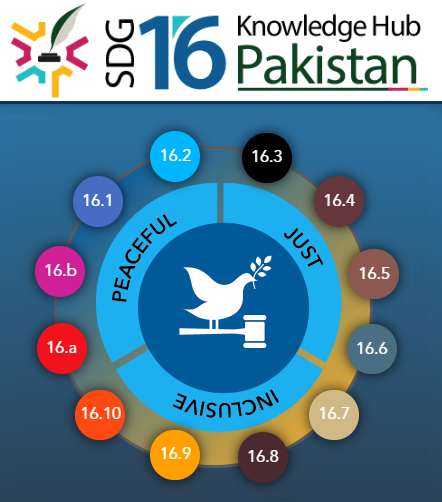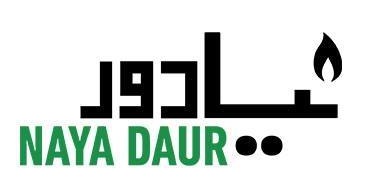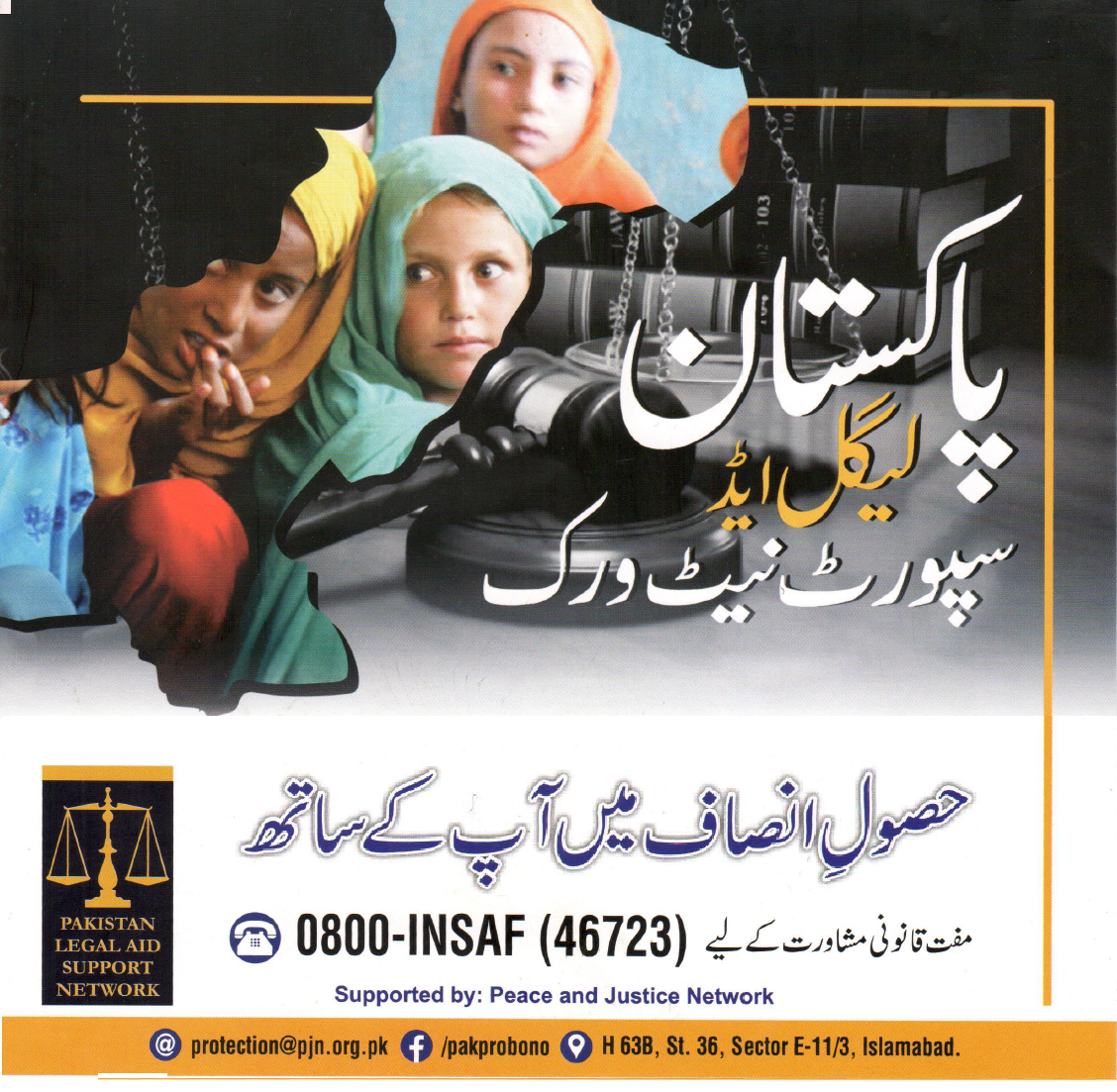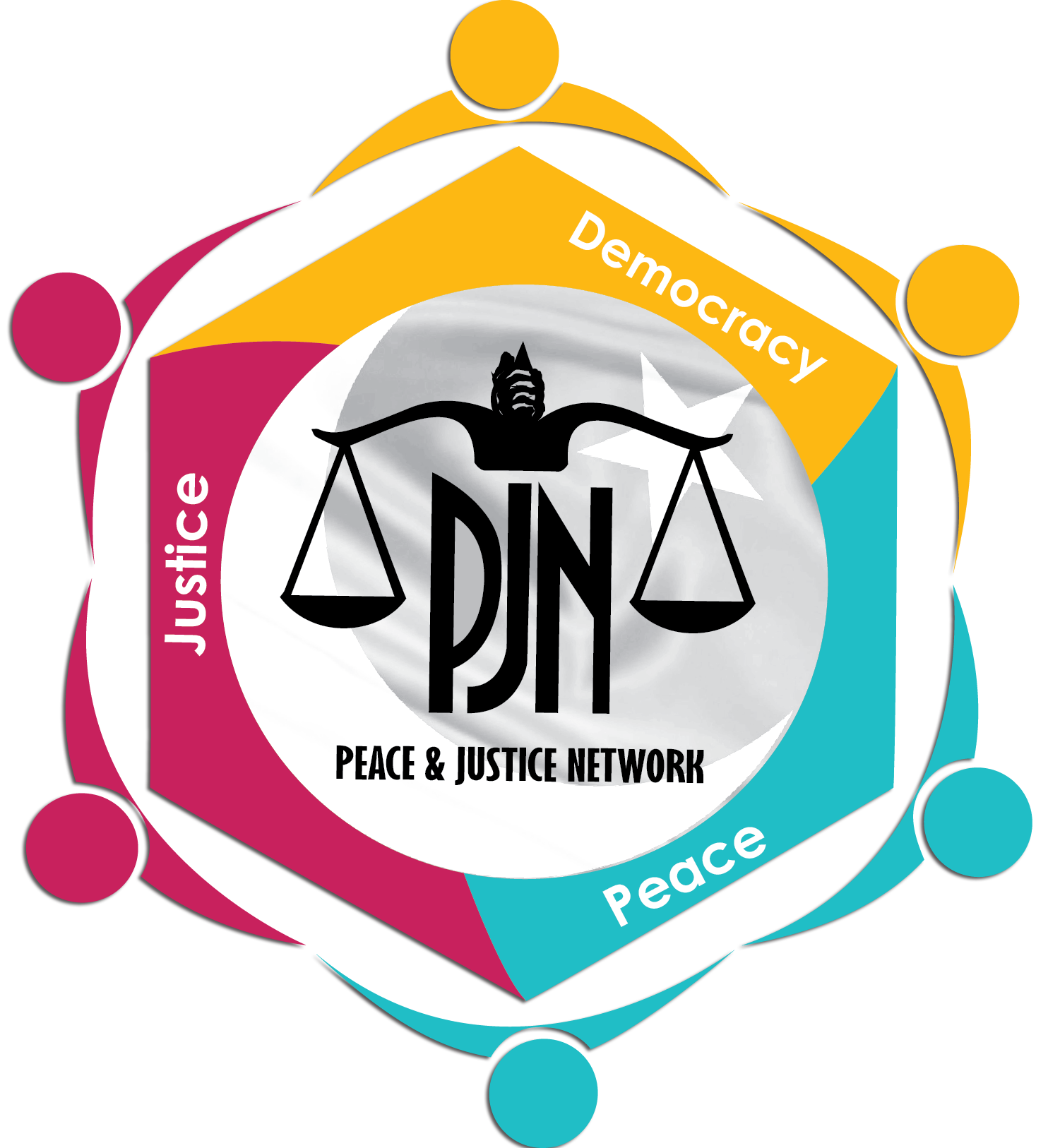

International Day for Judicial Well-being: A Global Call for Action (4 Mar, 2025)
Pakistan Ranks 129 out of 142 in the World Justice Project Rule of Law Index (26 Oct, 2024)
2024 Trafficking in Persons Report: Pakistan (24 June, 2024)
Pakistan ranks second-last in WEF Global Gender Gap Report 2024 (7 Mar, 2025)
Ethical surveillance
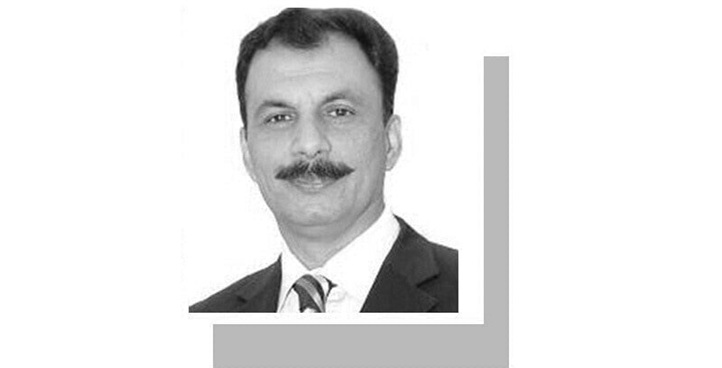
Wed, October 15, 2025
INCREASED violence and crime call for technological interventions like closed-circuit television (CCTV) which entail the use of video cameras to monitor public behaviour at banks, airports and other vulnerable places.
While the need for and popularity of video surveillance are growing, developing societies are often silent on the ethical aspect; people don’t want to be monitored constantly. Gradually, businesses have adapted to CCTV surveillance as it helps detect theft, vandalism, etc. Employee monitoring software can reduce losses at points of sale. Surveillance also allows monitoring of remote objects like homes. Most workplaces aren’t seen as places where privacy is an issue; so employees adapt to such surveillance, which helps increase efficiency and discipline. But workers may also consider it intrusive.
Police use CCTV surveillance to protect citizens and lower crime rates. It enables real-time monitoring and expedites the process of notifying the authorities, which may result in a quick response, arrests and help for victims. CCTV may not eliminate crime but could shift it elsewhere. Surveillance’s purpose is to prevent adverse situations. CCTV can help deter, identify and apprehend potential criminals, reducing crime rates and preserving evidence for convictions. Analysing the footage can help police during investigations and to fight crime better. Such monitoring helps traffic management by enabling motorists to receive road updates. It also detects those not following traffic rules and helps pedestrians feel safe.
As part of community policing, in 2012 Singapore began to instal CCTVs in public areas. The Singapore Expressway Monitoring and Advisory System is used to detect congestion or accidents and notify motorists of adverse traffic conditions. By end 2021, streets worldwide had around a billion CCTV cameras, with China (200 million), the US (50m) and Germany (5.2m) in the lead.
Laws should regulate public surveillance.
Questions arise: at what point is such surveillance unethical and where to draw the line between safety and privacy? People may feel secure, but many may also be uncomfortable and see monitoring and recording as violating their privacy and freedom, and thus consider it unethical. How is privacy to be guarded? CCTV coverage has picked up in Pakistan but needs a comprehensive legal and ethical framework with access to clearly recorded images and a standard yardstick for retaining footage. Those requesting footage must identify the authority from which it is to be obtained and state why it’s needed.
How is footage from a private entity to be obtained and used for investigation without compromising the security and identity of the provider? CCTVs should be deployed efficiently and transparently and monitor venues only where other surveillance means aren’t effective.
CCTV offers benefits and challenges in terms of ethics and privacy, and it’s vital to assess how this affects individual freedoms and societal norms. It needs ethical guidelines to prevent the infringement of privacy and freedom of movement. Its misuse is another concern; unauthorised sharing may encourage blackmail. Authorities should share the purpose of surveillance, where the cameras are placed and who has access. Hidden cameras violate trust. People should know their movement is being watched and recorded. Reports reveal that some CCTVs have violated privacy, especially of women.
It should be legally mandatory to display warning notices in areas under surveillance. Thus, it is essential to understand the goals of installing IP camera CCTV. There’s the question of how ethical audio surveillance is in public places. Surveillance with con-sent enhances effectiveness; consent must be informed by earning the public’s confidence.
The law should specify how long footage can be stored, who can view it and the process for sharing. Due to poor oversight, violations go unpunished. Laws should regulate public surveillance and specify where and how CCTV cameras can be used, in keeping with individual dignity (Article 14 of the Constitution). Rules for data storage, access and deletion should be outlined as well as penalties for misuse.
Awareness drives must inform people about CCTV installations and reporting misuse. Independent oversight of surveillance is imperative. A policy based on law, ethics and respect for privacy will make surveillance beneficial, not oppressive.
The best option is to strike a balance between security, effectiveness and privacy protection. It is important to ensure that CCTVs are used responsibly, ethically, transparently and legally. To ensure this, a comprehensive legal framework, independent oversight, empowered local governments, and collaboration among these three are essential.
The writer is author of Pakistan: In Between Extremism and Peace.
Copyright © 2026 pjn.org.pk




